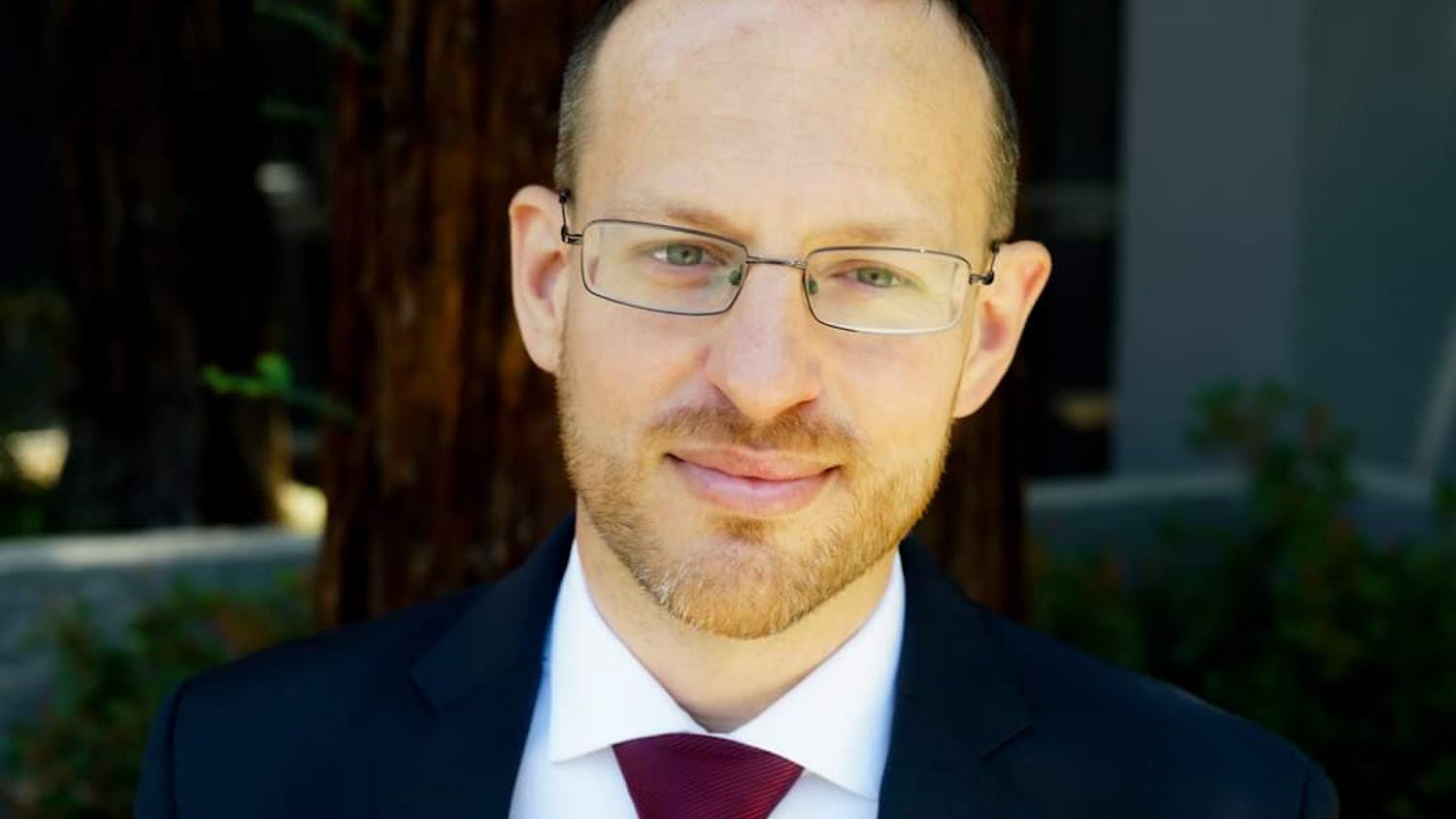The Pioneer Accountable Care Organizations model, which focuses on value-based rather than fee-for-service care, is performing as well as or better than anticipated at Dartmouth-Hitchcock Medical Center, director of the Dartmouth Institute for Health Policy and Clinical Practice and one of the ACO model creators Elliott Fisher said. The ACO model evidence indicates that the program is nearly universally improving the quality of care, he said.
The results stem from DHMC’s participation in Medicare’s new experimental health care payment program, introduced in 2012 as part of the Affordable Care Act. The program reduced costs and improved quality of patient care in its first two years of operation, according to a report released by the Center for Medicare and Medicaid Services last week.
About 50 percent of DHMC’s Medicare beneficiaries are under the Pioneer ACO model.
Fisher said DHMC is regularly reimbursed by Medicare for providing comprehensive care to patients, rather than charging patients for each individual procedure. Medicare estimates the cost of care for a population of patients and sets benchmarks for quality of care. If the provider saves money, it receives a share of the savings, he explained.
He said that cost savings are modest — during the first year, the program reduced costs by three-tenths to half of one percent. Most recent findings suggest that the Pioneer ACO model is saving about two percent annually, which is substantial when compounded over many years, Fisher noted.
The Dartmouth-Hitchcock Pioneer ACO saved Medicare $438 for each of its 23,500 beneficiaries in 2013, according to the report. Medicare saved a total of $17.7 million in 2012 and $10.3 million in 2013 from a group of five New Hampshire health organizations, including DHMC. DHMC is one of 32 health care organizations participating in the Pioneer program, which saved about $384 million nationwide in its first two years.
Fisher said that the ACO model intends to solve problems experienced with Medicare’s more widely used fee-for-service model. Under this model, organizations only felt responsible for the care they were directly providing, so there was no incentive for hospitals to reach out to primary care physicians or specialists to communicate, he said. He added that providers would previously overprescribe services, since they were paid for each procedure performed.
“The ACO model addresses both issues — fragmentation and overuse,” he said. “It has quality measures and encourages health care organizations to keep patients healthy.”
Economics and public policy professor Charles Wheelan ’88 said that the ACO model has the potential to transform the nation’s health care system.
“In economics, you don’t usually get more for less,” he said. “ACOs might be the one place where we can actually get lower costs and better results.”
DHMC director of value-based reimbursement models Lynn Guillette said that transforming health care delivery and adjusting payment models are interconnected, and the ACO model fits nicely with DHMC’s goals for the future of patient care.
“For DHMC, the ACO model is something that’s in our DNA,” she said. “From the payment perspective, we should follow where clinical care is going, and we’ll go get a payment model that’s more aligned with the system.”
Though DHMC earned a $1 million bonus from Medicare in 2012, it did not receive a bonus in 2013, Guillette said. She noted that though DHMC met its quality benchmarks and delivered savings to Medicare in 2013, it did not receive a financial reward.
Medical director of DHMC’s center for telehealth Sarah Pletcher said DHMC has focused on improving the quality of its care in the past few years, explaining that this is a long-term investment that might not offer immediate financial returns.
“It would make sense to me clinically that you would have good years and bad years,” she said. “Overall, as along as quality metrics are good, hopefully the financials would follow suit.”
To improve the Pioneer program, Fisher suggests the inclusion of more attractive and attainable benchmarks for health systems and an easier method to engage with Medicare patients directly.
Guillette said that an adjustment factor needs to be built into the benchmarking system that reflects the range of existing circumstances and resources at different health care centers. Because DHMC has historically demonstrated high-quality, low-cost care, it is more difficult to make improvements that generate significant savings than to improve care, she said.
“The model has to evolve over time,” she said. “We’re all learning as we’re going.”
In June, DHMC will apply for the newest version of the ACO model, called Next Generation ACO, and is in the process of determining whether it will switch from Pioneer, Guillette said.
Fisher said that DHMC’s future reimbursements will likely include a mix of both fee-for-service and ACO contracts.



